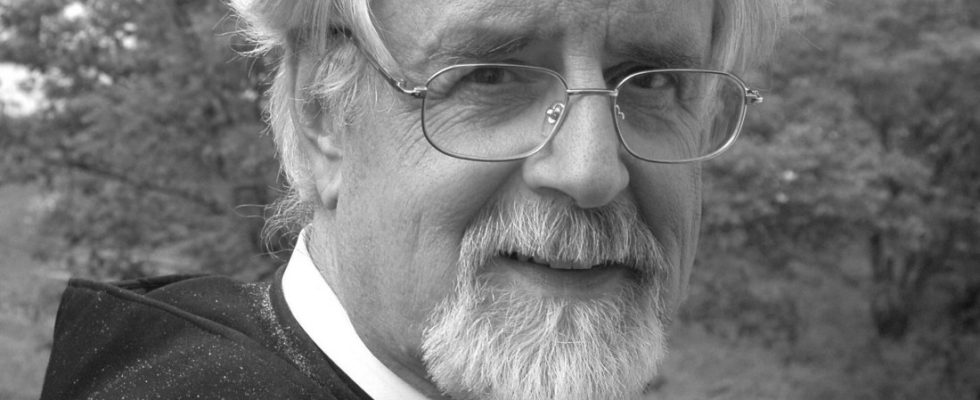In 1995, President Václav Havel presented the Medal of Merit of the Czech Republic to the Ettal Benedictine Father Angelus Waldstein-Wartenberg. It was an extraordinary honor with which Havel recognized that Father Angelus worked for reconciliation between Germans and Czechs throughout his life.
As a multilingual teacher and headmaster of the Ettal Benedictine High School, Father Angelus has traveled to the Czech Republic with many groups of students and teachers since the 1960s in order to cultivate cultural exchange and foster mutual understanding. In Prague he enjoyed leading groups through the Waldstein Palace, where he grew up as a boy. “I wanted to show them that Europe is there too,” he said and happily pointed to the ancestral gallery, where fine lines that they had scribbled as children could still be seen.
Father Angelus stood out as a peacemaker and reconciler who never pushed for the return of the family property in the Czech Republic and considered this story to be over. In 2002, a Czech journalist described him as a European: “Bohemian gentleman, Austrian citizen, Bavarian monk and, from a Czech perspective, also Sudeten German.”
Father Angelus was born Karl Albrecht Graf von Waldstein-Wartenberg in Hirschberg, Czech Republic, in 1931. The family held an important position in Bohemia for 800 years; their ancestors included the general Wallenstein. At the end of the war she was no longer tolerated in Czechoslovakia. The 14-year-old Karl ended up in Ettal, where he entered the high school that reopened in autumn 1945. After studying in Rome and Munich and being ordained a priest (1956), he took on responsibility for many positions in the monastery. From 1984 to 1997 he was director of the high school. From 2007 to 2012 he was head of the monastery branch in Wechselburg, Saxony.
Father Angelus cultivated a leadership style that was entirely focused on the good of people. His attitude arose from a deep faith, which was perfectly mixed with a diverse education. He wrote books and essays. He loosened up the rigid framework of office with humanity, self-irony and credibility. He often took unorthodox paths in everyday life. The way he always kept track of the chaos of his empire of notes and boxes was admirable.
He often traveled to conferences as a hitchhiker. Full of faith in God, he stood on the side of the road in his habit with his arm outstretched – recognizable from a distance by his prominent head with goatee, glasses, high forehead and gray mane tossed by the wind. Captivated by his aura, those who picked him up often took a detour to get him safely to their destination.
A few days ago, Father Angelus died after a short illness at the age of 92. On Thursday he will be buried in the crypt in Ettal Monastery. The funeral service begins at 2 p.m. in the basilica.

